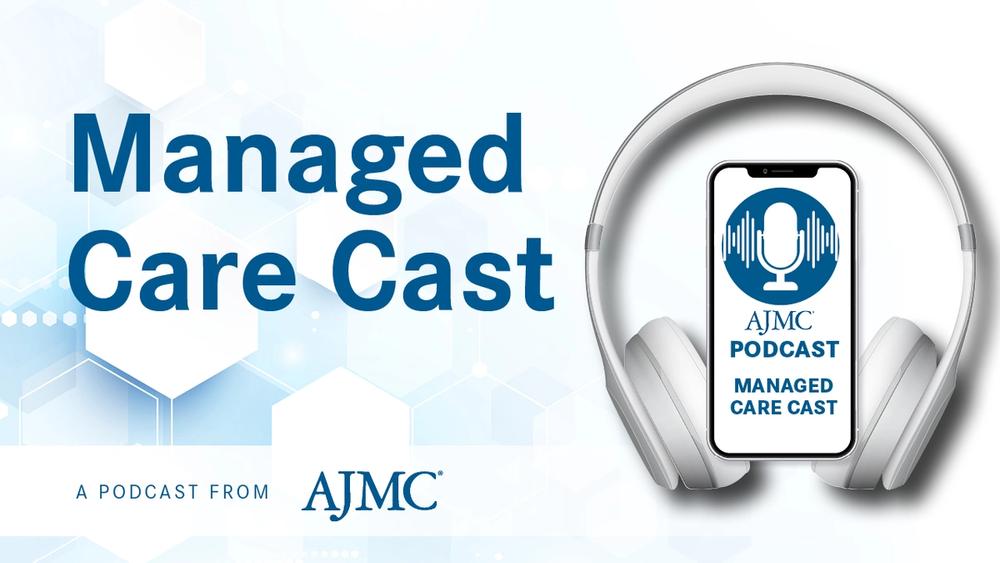Video
Adam Simmons Explains the Short- and Long-term Value of ALKS 3831 to Payers and Patients
Adam Simmons, director of clinical program management, Alkermes, explains that an investigational antipsychotic drug, ALKS 3831, provides the efficacy of olanzapine without the associated weight gain can provide benefits in the short and long term to payers and patients. Simmons spoke about data presented at the 175th Annual Meeting of the American Psychiatric Association in San Francisco, California.
Adam Simmons, director of clinical program management, Alkermes, explains that an investigational antipsychotic drug, ALKS 3831, that provides the efficacy of olanzapine without the associated weight gain can provide benefits in the short and long term to payers and patients.
Transcript
What’s the potential value of ALKS 3831 to payers and patients?
What we’re doing here in presenting the data at APA is specifically getting this out to physicians, talking about it with patients, and in the upcoming months we’ll be able to get some more information specifically about what the value is to payers. I can say in terms of potential value that there’s probably 2 areas that this medication’s going to be valuable, at least to patients and providers.
One, in the short term, we know that for people with schizophrenia it’s a lifelong disease and that in order for them to do well with their maintenance medications they need to stay on their medications, so that if we’ve been able to take a medication that’s already effective and that people sometimes come off of it because of weight gain, if they’re more likely to stay on their medications they’re more likely to stay out of the hospitals and all of the other bad things that happen when patients stop taking their medications, increased risk for suicide, et cetera.
The other long-term value, of course, is that we know that a lot of people stay on olanzapine despite the weight gain, and that longtime, lifelong exposure of higher weight gain is likely to cause a lot of other comorbidities: cardiovascular disease, type 2 diabetes, et cetera. So we think that there’s a value both from the short term, in terms of people staying on their medication and doing well as a maintenance therapy, as well as long term, in not developing comorbidities.

The Importance of Examining and Preventing Atrial Fibrillation




